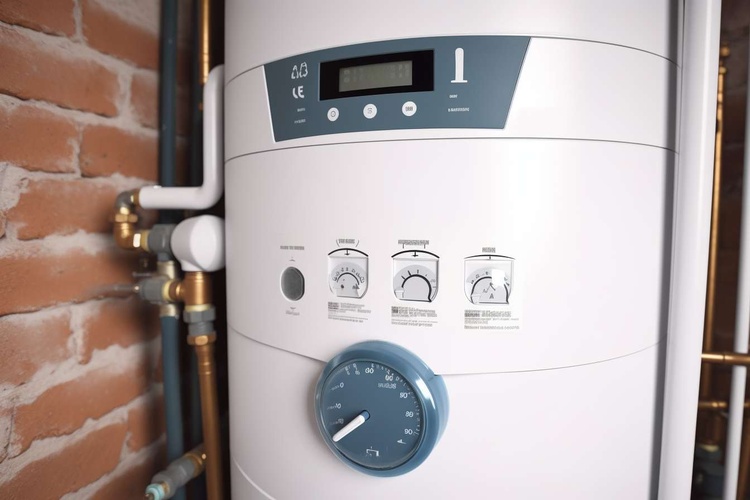How to Start a Career in Home Care
Home care is a rewarding and rapidly growing field that offers numerous opportunities for those looking to make a difference in people's lives. Whether you're a recent graduate, career changer, or simply interested in exploring the healthcare sector, starting a career in home care can be an excellent choice. This article will guide you through the essential steps to embark on your journey in this fulfilling profession.

What qualifications do you need for home care jobs?
To begin a career in home care, you typically don’t need advanced degrees or extensive medical training. Most entry-level positions require a high school diploma or equivalent. However, some specific qualifications can enhance your prospects:
-
Certified Nursing Assistant (CNA) certification
-
Home Health Aide (HHA) certification
-
First Aid and CPR certification
-
Valid driver’s license and reliable transportation
While these certifications are not always mandatory, they can give you a competitive edge and may be required by some employers or for certain positions within the home care field.
How do you gain experience in the home care industry?
Gaining experience in home care can be achieved through various methods:
-
Volunteer work: Offer your time at nursing homes, hospices, or community centers.
-
Internships: Look for opportunities with home care agencies or healthcare facilities.
-
Entry-level positions: Start as a companion or personal care assistant.
-
Shadow experienced professionals: Ask to observe seasoned home care workers.
Many agencies also offer on-the-job training programs, allowing you to learn while you work. This hands-on experience is invaluable and can help you determine if home care is the right career path for you.
What skills are essential for success in home care?
Successful home care professionals possess a combination of hard and soft skills:
-
Compassion and empathy
-
Patience and adaptability
-
Strong communication skills
-
Physical stamina and strength
-
Time management and organization
-
Basic medical knowledge and terminology
-
Attention to detail
-
Problem-solving abilities
Developing these skills will not only make you a more effective caregiver but also increase your job satisfaction and career growth potential.
What are the different types of home care jobs available?
The home care industry offers a variety of roles to suit different interests and skill levels:
-
Personal Care Aide: Assists with daily living activities like bathing and dressing.
-
Home Health Aide: Provides basic medical care under nurse supervision.
-
Certified Nursing Assistant: Offers more advanced medical support and monitoring.
-
Licensed Practical Nurse (LPN): Administers medications and performs skilled nursing tasks.
-
Registered Nurse (RN): Manages overall patient care and supervises other caregivers.
-
Occupational Therapist: Helps clients regain independence in daily activities.
-
Physical Therapist: Assists with mobility and rehabilitation exercises.
As you gain experience and additional certifications, you can progress to more specialized or higher-level positions within the field.
What is the career outlook and salary potential in home care?
The home care industry is experiencing rapid growth due to an aging population and increasing preference for in-home care. According to the U.S. Bureau of Labor Statistics, employment of home health and personal care aides is projected to grow 33% from 2020 to 2030, much faster than the average for all occupations.
Salaries in home care vary depending on the position, experience, and location. Here’s a general overview of median annual wages for common home care roles:
| Position | Median Annual Wage |
|---|---|
| Personal Care Aide | $27,080 |
| Home Health Aide | $27,080 |
| Certified Nursing Assistant | $30,850 |
| Licensed Practical Nurse | $48,070 |
| Registered Nurse | $75,330 |
Prices, rates, or cost estimates mentioned in this article are based on the latest available information but may change over time. Independent research is advised before making financial decisions.
How can you advance your career in home care?
Advancing your career in home care involves continuous learning and professional development:
-
Pursue additional certifications or degrees
-
Specialize in areas like dementia care or hospice care
-
Take on leadership roles or mentorship opportunities
-
Stay updated on industry trends and best practices
-
Network with other professionals in the field
-
Consider transitioning to administrative or management positions
By consistently improving your skills and knowledge, you can unlock higher-paying positions and more rewarding career opportunities within the home care industry.
Starting a career in home care offers a unique opportunity to make a meaningful impact on people’s lives while enjoying job security and growth potential. By understanding the qualifications needed, gaining relevant experience, and developing essential skills, you can embark on a fulfilling journey in this vital healthcare sector. Whether you’re drawn to direct patient care or interested in the administrative side of home care, this field provides diverse pathways for professional growth and personal satisfaction.
This article is for informational purposes only and should not be considered medical advice. Please consult a qualified healthcare professional for personalized guidance and treatment.




